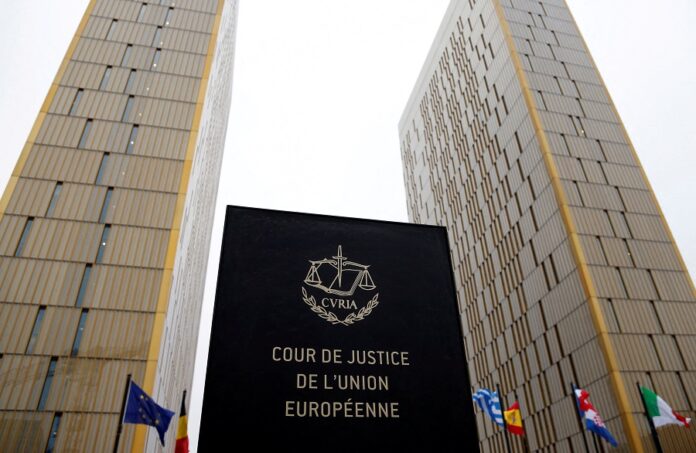The EU Commission started legal proceedings against Portugal at the Court of Justice of the European Union (CJEU) on Wednesday in two individual cases for its alleged failure to comply with a ruling on the conservation of sites considered Special Areas of Conservation and threatened sanctions, according to Euractiv.
In a statement, the EU Commission announced its decision to take Portugal to the CJEU for failing to comply with a 5 December ruling that called on the country to designate 61 “sites of Community importance” as “special places of conservation” as required by the EU Habitats Directive.
The court also declared that Portugal had failed to adopt the necessary conservation measures for these sites.
Following the 5 December ruling, Portugal formally designated the 61 sites in question as Special Protection Areas (SPAs) by adopting a special decree, but the Commission says this designation is not enough to comply with the ruling, as Portugal must also adopt conservation objectives and measures. It has, therefore, “decided to refer the matter back” to the CJEU, it said.
As this is the second case brought before the court on the same subject for Portugal, “it could result in the imposition of financial penalties for the time elapsing after the date of the first judgement until compliance is verified,” the documents note.
In a separate statement, Brussels announced that Portugal is among a group of countries, including Spain, Ireland, Bulgaria, Malta, and Slovakia, that have been taken to the ECJ for failing to revise river basin management plans.
The directive in question in this matter, the EU Commission said, “centres on ensuring the good qualitative and quantitative health of European bodies of water, such as rivers and lakes” and has the purpose of eliminating pollution, “as well as guaranteeing the availability of sufficient water to satisfy both human needs and wildlife.”
The countries in question “continue to fail to fulfil their obligations under the directives”, and the efforts made by the Portuguese authorities to date “have been insufficient,” it said


